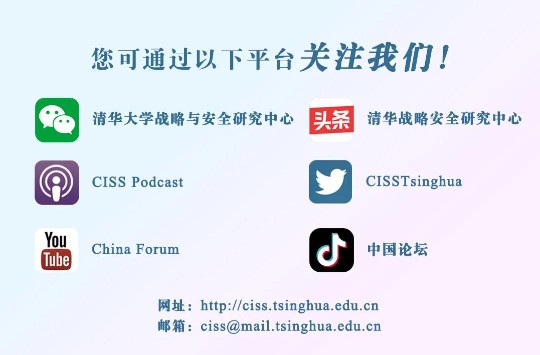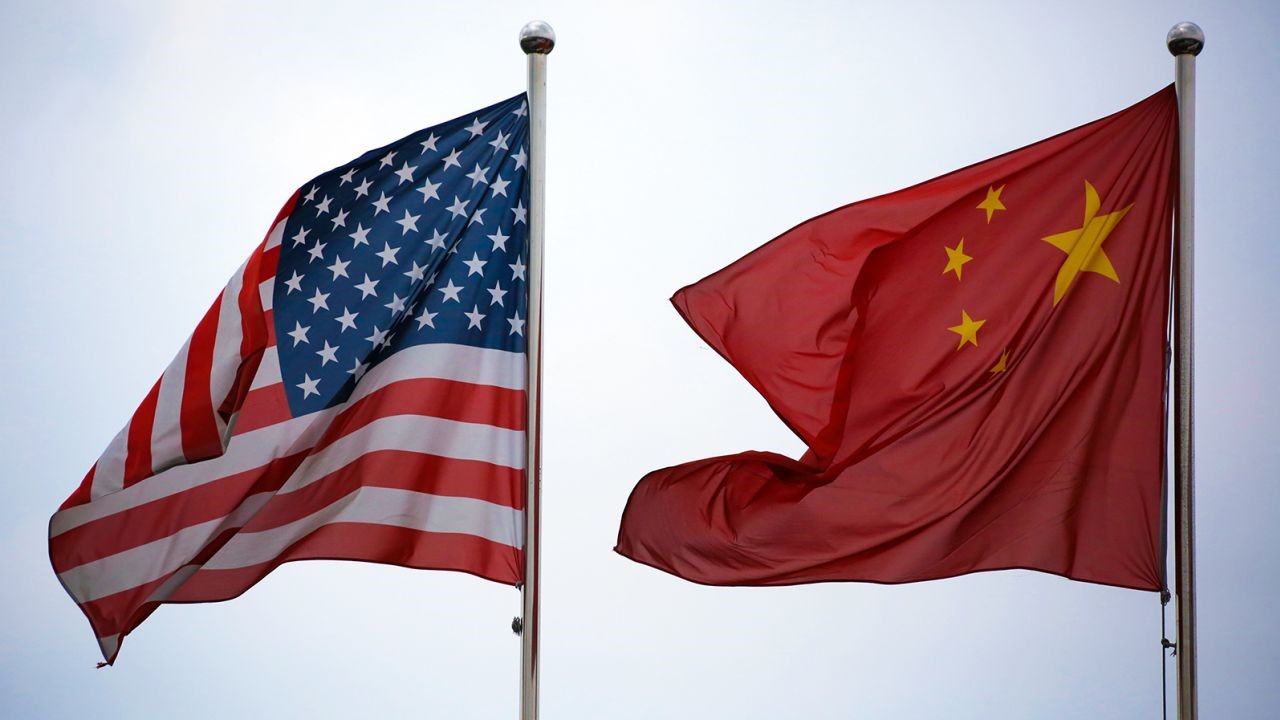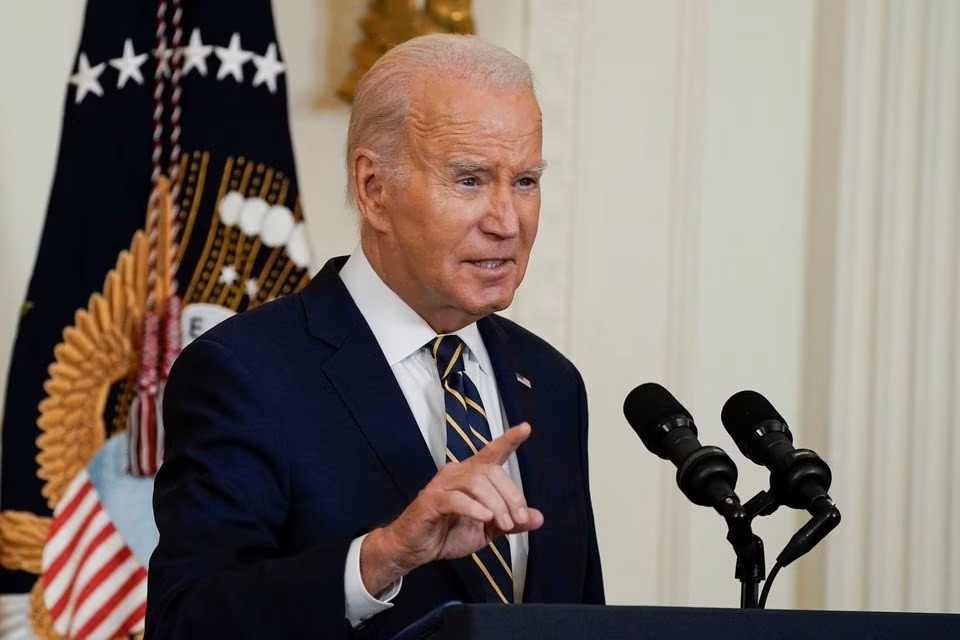当地时间8月9日,美国总统拜登签署对外投资审查行政令,该命令将严格限制美国对中国敏感技术领域的投资,并要求美企就其他科技领域的在华投资情况向美政府进行通报。美方此前就该行政令多次放风,中方已明确表达反对立场,呼吁美方立即撤销错误决定,取消对华投资限制,为中美经贸合作创造良好环境。一、美国对外投资审查行政令剑指中国半导体和微电子、量子信息技术和人工智能领域,是美国遏制中国高新技术领域发展的最新体现、将再次激化中美经济冲突,虽然美方解释说此举只是为了避免美国投资流入中国军工产业。President Joe Biden on Wednesday signed an executive order that will prohibit some new U.S. investment in China in sensitive technologies like computer chips and require government notification in other tech sectors. The long-awaited order authorizes the U.S. Treasury secretary to prohibit or restrict U.S. investments in Chinese entities in three sectors: semiconductors and microelectronics, quantum information technologies and certain artificial intelligence systems.(August 10, 2023. “Biden orders ban on certain US tech investments in China”, Reuters)The move represents the first time the U.S. government has sought to impose broad investment rules on U.S. firms overseas — an escalation of the economic conflict with China that is likely to earn a sharp rebuke from Beijing. Until now, U.S. firms have largely been given free rein by Washington to develop business in other countries, except for limitations on a narrow list of military-related goods. But national security officials in both the Trump and Biden administrations have warned that U.S. investors have been financing Beijing’s military advancements by funding Chinese firms that turn around and give their technology to China’s military.(August 09, 2023. “Biden sets new rules restricting U.S. investments in China”, Politico)Officials announcing the step repeatedly emphasized their goal was to limit US capital from aiding China’s military – not to damage China’s economy. “This is a national security action, not an economic one. We recognize the important role that cross border investment flows play in US economic vitality, and this executive order [is] narrowly protecting our national security interests,” one official said in a call with reporters Wednesday.(August 10, 2023. “Biden administration announces new bans on investments in China meant to protect national security”, CNN)二、中国官方指出,美此举违反市场经济和公平竞争原则,损害中美两国乃至世界工商界利益,将进一步损害中美关系,其真实目的是剥夺中国发展权利,维护一己霸权私利,是赤裸裸的经济胁迫和科技霸凌。China’s Ministry of Foreign Affairs called Washington’s move “a blatant act of economic coercion and scientific and technological bullying.”The issue could further strain relations.(August 10, 2023. “US investment curbs deal ‘major blow’ to Chinese startups”,CNN)“The latest investment restrictions will seriously undermine the interests of Chinese and American companies and investors, hinder the normal business cooperation between the two countries and lower the confidence of the international community in the U.S. business environment,” wrote Liu Pengyu, spokesman of the Chinese Embassy in Washington, in a statement to CNBC.(August 10, 2023, “Blatant economic coercion: China slams Biden’s order limiting U.S. overseas tech investment”, CNBC)The embassy warned that it would affect more than 70,000 US companies that do business in China, hurting both Chinese and American businesses.The Ministry of Commerce of the People's Republic of China said it reserved the right to take countermeasures and encouraged the US to respect the laws of market economy and the principle of fair competition.(August 10, 2023. “Biden’s China investment ban: who’s targeted and what does it mean for the 2024 US election?”, The Guardian)三、美国的限制措施将倒逼中国技术企业加强自主创新,中国企业将转而购买本土芯片,使本土企业获得更大市场份额,促进中国本土半导体企业发展壮大。China discouraged or halted most low-tech outbound investments, like purchases of real estate or even European soccer clubs. But China allowed and even encouraged further acquisitions of businesses with technologies that could offer geopolitical advantages, including investments in overseas businesses involved in aircraft production, robotics, artificial intelligence and heavy manufacturing.(August 9, 2023. “Biden Orders Ban on New Investments in China’s Sensitive High-Tech Industries”, The New York Times)Former chip engineer and Samsung executive Yang Hyang-ja also said that the more the United States sanctions China, the harder China will try to make rapid technological progress. "The US should abandon its current approach of trying to get something out of shaking and breaking the global value chain," she added."The segmentation of the global market will create very capable Chinese chip competitors since Chinese buyers now have no choice but to buy from domestic chips makers, giving them a large captive market," Victor Shih, a political science professor at the University of California San Diego, told Xinhua in a recent interview.(August 13, 2023. “US investment ban hurts business interests, arouses concerns”, China Daily)四、美国对华投资禁令不仅将对国际经贸秩序造成破坏,更将给其国内相关行业的发展带来明显打击。美国芯片企业担心,新限制措施将切断它们与中国这个最大市场的联系,损害它们的研发投入能力,最终削弱美国在芯片行业的支配地位。Luca David Opromolla, a senior fellow at the Peterson Institute for International Economics, deems the potential restrictions “risky.” These constraints lead to “a loss of knowledge not only about the Chinese market but also about the complexity of dealing with business operations in foreign countries,” Opromolla said.… During a recent White House meeting, US semiconductor giants also weighed in with opposition. The chief executive officers of Intel, Nvidia and Qualcomm criticized Washington's relentless approach, saying the restrictions would surely backfire, depleting them of a big revenue source.In fact, China is the world's largest single semiconductor market, accounting for $180 billion in chip purchases last year, or more than a third of the world's total, SIA statistics show. In 2019, 36 percent of all US chip sales came from China.…It is not the first time the SIA has made such an appeal. In a statement issued in July, the industry group had warned that such unilateral restrictions risk diminishing the US semiconductor industry's competitiveness, disrupting supply chains, and causing significant market uncertainty.… “If we are deprived of the Chinese market, we don’t have a contingency. There is no other China, and there is only one China,” Nvidia Chief Executive Officer Jensen Huang said. The company's Chief Financial Officer Colette Kress also said in June that over the long term, restrictions on China will “result in a permanent loss of opportunities for the US chip industry.”(August 13, 2023. “US investment ban hurts business interests, arouses concerns”, China Daily)The most popular arguments for this view, offered by Intel chief executive Pat Gelsinger and Nvidia boss Jensen Huang, hold that access to the Chinese market is crucial to investment in the US, both because profits realised in China can be reinvested at home, and because meeting Chinese demand provides the impetus for building US capacity.“If I have 25 per cent to 30 per cent less market, I need to build less factories,” said Gelsinger at the Aspen Security Forum last month. In May, Huang told the Financial Times: “If the American tech industry requires one-third less capacity [due to the loss of the Chinese market], no one is going to need American fabs, we will be swimming in fabs.”… “Overly broad, ambiguous, and at times unilateral restrictions risk diminishing the US semiconductor industry’s competitiveness,” the Semiconductor Industry Association has warned.(August 14, 2023. “US industry is getting its way on China”, Financial Times)五、过去五年里,对中国的直接投资给美国公司带来了巨大回报,美方一些行业代表呼吁一个更公平的规则和竞争环境。In the past five years, the return rate of China's foreign direct investment has reached 9.1 percent, according to the 2023 US Exports to China report. More than 70,000 US companies have invested and operated in China, and nearly 90 percent of the operations are profitable.(August 13, 2023. “US investment ban hurts business interests, arouses concerns”, China Daily)Industry reaction Wednesday was muted. Some industry representatives described the action as relatively narrow compared with approaches that lawmakers have considered. The Semiconductor Industry Association said it looked forward to providing input, adding that “we hope the final rules allow U.S. chip firms to compete on a level playing field and access key global markets, including China.” The National Venture Capital Association said it was watching closely “to ensure there are no unintended consequences on investments in U.S. companies.”(August 9, 2023, “Biden Restricts U.S. Investment in China”, The Washington Post Journal)






